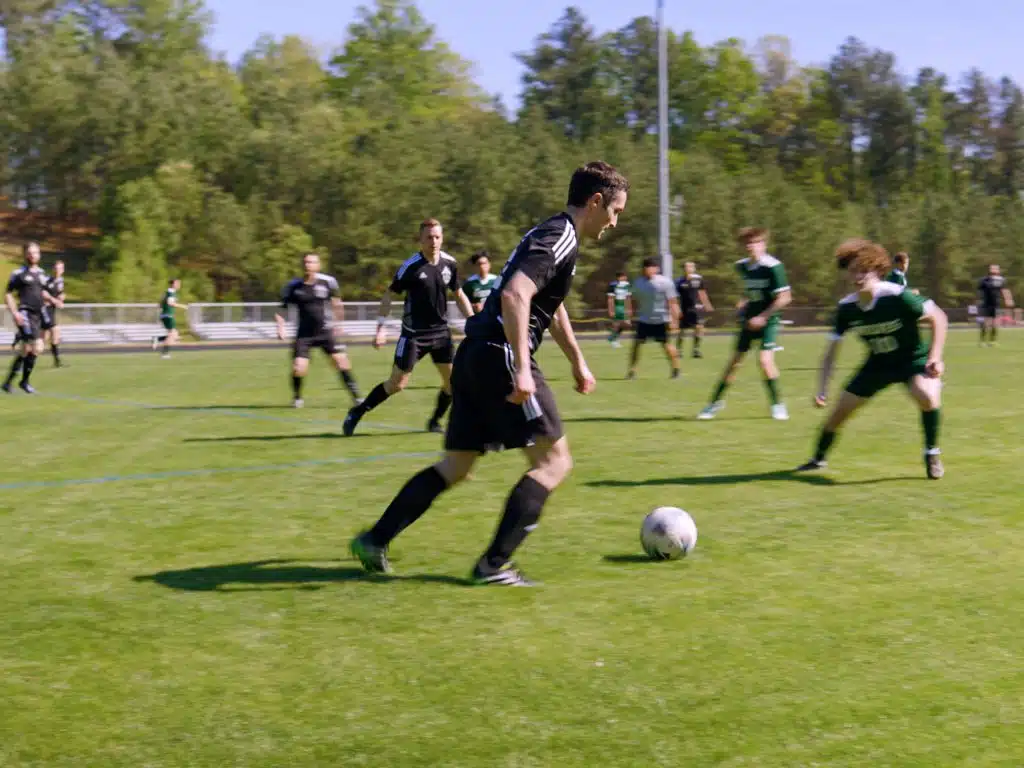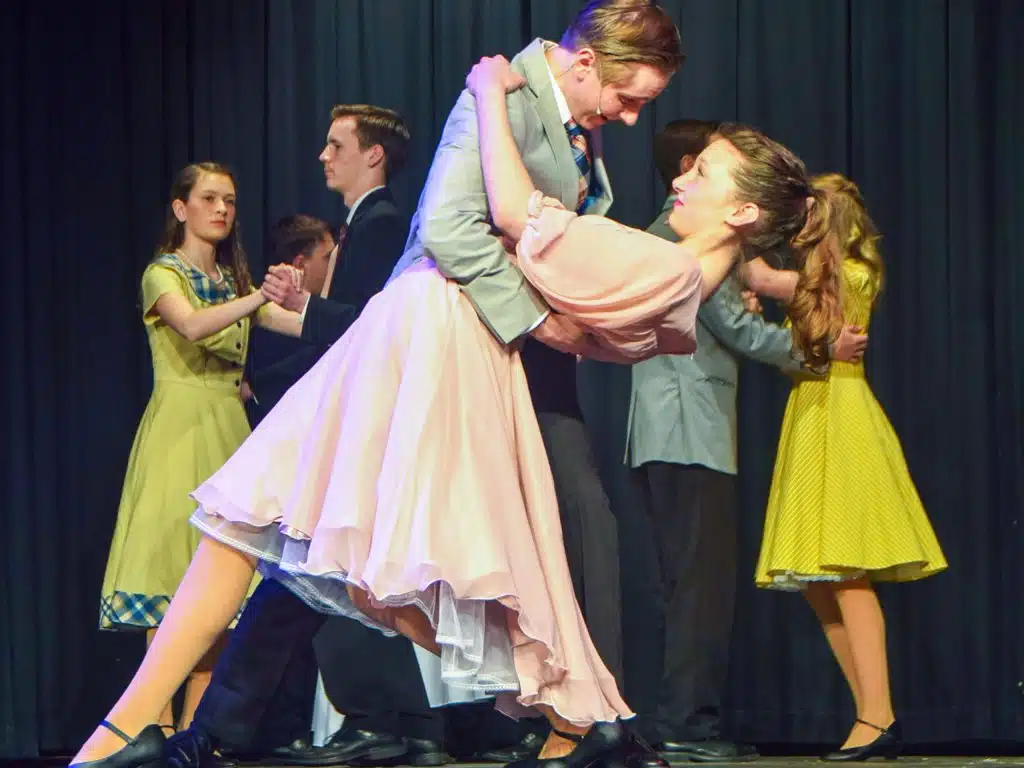In a classroom that resembled a beach, with seashells and sand in fishbowls and streamers hanging from the ceiling, teachers traded their books for games. Instead of maintaining a quiet classroom setting, 40 teachers quizzed each other excitedly on what they were learning to win colored slips of paper and the chance to get first dibs on the next game of the day.
A program created by John Meehan, English teacher and instructional coach at Bishop O’Connell High School in Arlington, is trying to change teaching with games, including #QRBreakIN.
It’s designed as a series of team challenges, much like an obstacle course or an escape room in reverse.
“Teams compete to solve a series of self-guided, asynchronous team-based challenges, demonstrating their understanding of the assigned content in eight different tasks including a LEGO build, online quizzes, and stations where they have to solve puzzles related to graphic organizers and interactive web content,” said Meehan. “The games are taking the spirit of play and fun and incorporating that into the classroom.”
Forty teachers from Catholic and public schools across the country played this game and others in the igKnight Summer Sandbox at O’Connell last month.
The program, also held at O’Connell in June for an additional 38 teachers, featured hands-on learning with a mix of educational theory and philosophy in the form of game-inspired activities.
Meehan said the teachers strive to create a classroom environment where students can feel comfortable taking risks. “The spirit of play makes it so there’s no fault for trying and failing,” he said.
The program was hosted by O’Connell teachers Meehan, Carlos Chism, Colleen Swaim and Librarian Siobhan Dannaher.
Geoff Rixon, a social studies teacher at O’Connell, attended the program. He said professional development is usually top down. “If something works for you, great, if not you can tweak it to make it applicable to your classroom,” he said. “I really like the flexibility of what we have been able to do these past two days.”
Angie Colburn, who teaches sixth grade in Kellogg, Idaho, was on the east coast prior to the program. She follows Meehan on social media. “I do games in my classroom but haven’t gone to any formal training, so I have been writing ideas down to do with staff,” she said. “Teachers are always looking for ways to engage students and there are so many different levels of that. (The students) love to play games, and this is a way to engage them. With engagement, their learning goes up and it makes learning fun for them.”
John Cunningham, who teaches business at Freedom High School in Loudoun County, has attended another training with Meehan. “It’s changed the way I’ve approached teaching,” he said. “I could see the difference between using some of the traditional teaching methods I was given as part of the curriculum and when I used some of the suggestions by John and my wife, Adriene, department chair of world languages at O’Connell. It’s been fascinating.”
Deb Roby, a middle school teacher at Holy Redeemer School in Kensington, Md., understands there are a variety of learning styles. “I like the fact that you almost take every game or part of a game and adapt it to your class as a learning opportunity and that it is good for all the students,” she said. “Sometimes the overachievers aren’t the ones who succeed at first in this game. You’re going to have the others who aren’t as popular or learn in different ways, and they’re successful so it’s a win-win for everyone.”
Teachers listened to a keynote address by Greg Toppo, author of “The Game Believes in You: How Digital Play Can Make Our Kids Smarter” and former USA Today national education reporter.
“Teachers need to take it seriously. Even if they don’t like games they should think about including them, about how their classrooms work and if these qualities are embodied in their work,” he said. “Games are really good at getting people to persist in the face of failure.”
Meehan said last year O’Connell introduced its faculty to new digital teaching tools. “We likewise developed themed activities like this for each of our summer reading assignments in the college prep and honors English department courses from grades 9-12 in place of the traditional back to school summer reading exams called a ‘DJO Novel Approach,’” he said. “Now students have multiple opportunities to work with classmates to interact with the assigned course content and demonstrate their understanding of what they’ve read, which leads to richer discussions, closer relationships with peers and stronger written work.”
O’Connell Principal Carl Patton said the importance of this program is to get teachers engaged with each other and to develop new ideas to engage students. “What’s important in education is student engagement. Education has to be the relationship between the student and the teacher,” he said. “This is teachers being excited about professional development. It’s exciting to see teachers from across the country from different areas coming to O’Connell to be a part of what we are doing here. It’s exciting that what we are doing here at O’Connell is being recognized as great education and our students are performing extraordinarily well because of it.





